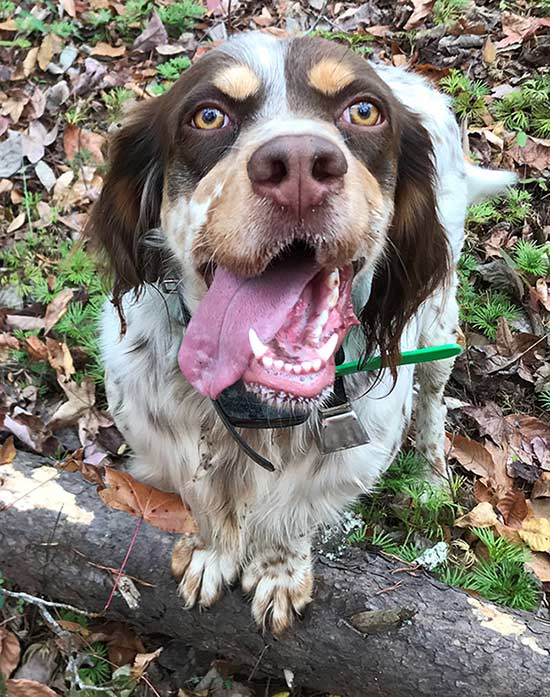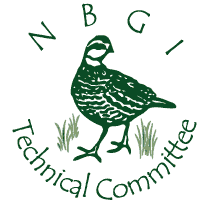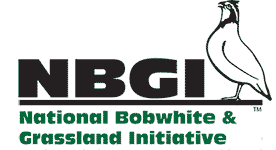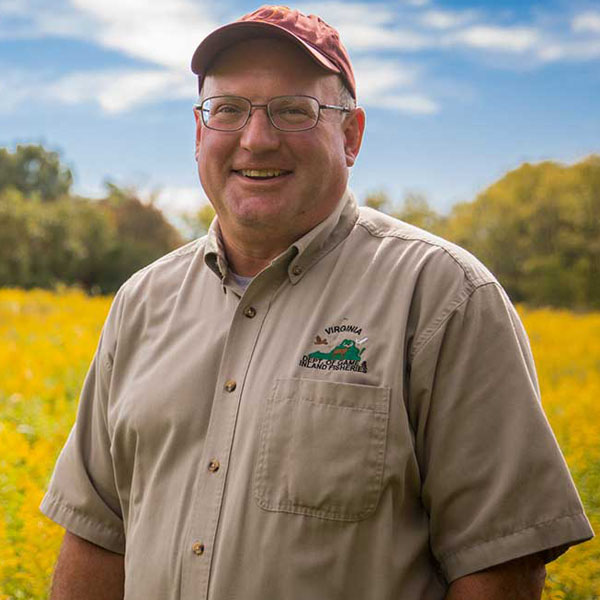Daniel J. Boorstin, a professor at the University of Chicago, who was our twelfth Librarian of the Congress of the United States with degrees from Harvard, Yale and Oxford along with twenty honorary degrees was quoted as saying, “Technology is so much fun, but we can drown in our technology. The fog of information can drive out knowledge.” Carrying two iPhone 8s…I find myself struggling to keep up. The dings, pings and buzzes never cease. And it seems no sooner than I get used to a new phone and computer, it is time get another one. I have tried social media, too, and after a couple years of it have found I’d rather miss a nail and hit my thumb with a hammer than open up Facebook when I get home. It seems as if I am the anti-thesis of the people who cannot stand to be unconnected. Yet I see the value of all the communications technology. Our power to reach audiences is astounding. Of course who we reach and what we reach them with should be considered.
Recently, stemming from a chance encounter in the field with a fellow upland bird hunter who also happened to be an outdoor writer (Thanks Robb!), I was asked to be a guest on a podcast. The meeting also led to an article, something I am comfortable with. A computer, a screen, and unlimited words to carve from. But a podcast? What is a podcast? I had heard of them. I knew people podcasted, if that is a word? The term has a vague gardening / fishing flavor – maybe catching bluegills by casting green bean pods? Investigating, I listened to several. Ah ha, basically like a book on tape, but an interview, not necessarily live, but more likely recorded so they can be edited. And people listen to them around the house via headphones and their iPhones while doing chores, or while driving down a boring stretch of highway, etc. Hmmm…is this technology? It is old fashioned in a sense because it is just a couple people talking. One asking questions and helping lead the less capable podcasters like me, and then one answering questions, mostly off the cuff about things they know something about. But it is technology in that such an interview can be obtained by a link and listened to across cyberspace…for free…at any time, at your convenience…amazing.
My first and only podcast so far was as a guest of Nick Larson, creator of Bird Shot Podcast. Luckily Nick is good at what he does, as he made my podcast interview feel much like two bird hunters sitting on the tailgate of a pickup truck at the end of a day afield. Though we have never met, by the end of the conversation I felt like we were friends. We were already kindred spirits.
So here is a link to my first podcast: Bird Shot Podcast # 166: Virginia Woodcock and Quail with Wildlife Biologist and Small Game Project Leader Marc Puckett. Host Nick Larson.
For the remainder of my career, I intend to rededicate myself to upland hunting, hunters and habitat management for upland game species and all their many non-game species associates. I also hope to develop better communications skills to enhance the results of my team’s efforts. Luckily they are all well ahead of me in this regard.
I also hope to never lose my love for pen and paper and a good story put thereupon. Speaking of one, if you are a hunter, and have never read “The Road to Tinkhamtown” by Corey Ford, you are missing out on one of the best sporting stories ever written. Old time bird hunters always ran their dogs with a small, tinkling collar bell to help locate them in heavy cover. And while I have adopted technology such as GPS dog tracking collars for safety and reassurance when a dog goes out of sight, after reading this story my hunting friends understand why I still run a bell on my dog and always will. It is possible to embrace the future without losing your past.

If you have read "The Road to Tinkhamtown" you will know the reference.
Photo courtesy Marc Puckett


